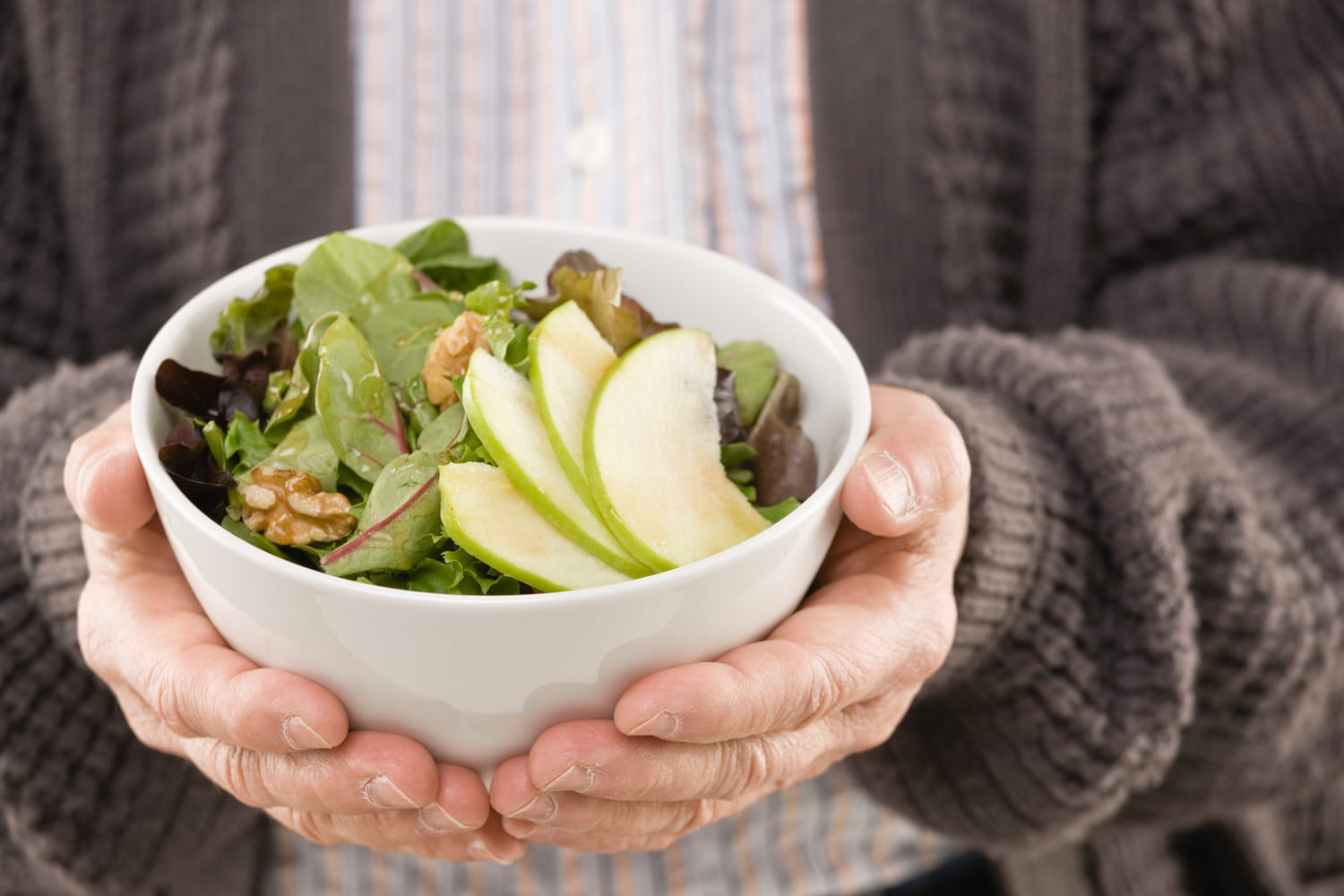What you eat can make a real difference in protecting neurons against cognitive decline.
Dementia is a set of symptoms resulting from various diseases (such as Alzheimer’s) and lesions that affect the brain. His prevention is one of the great challenges of aging. It leads to a gradual loss of memory, attention and autonomy. If genetics plays a role, food is now recognized as a major preventive lever. The Mediterranean diet tops the food instructions to follow according to doctors to protect the brain. Among all the foods he recommends, a vast study has identified one, as a particularly protective of neurons.
To reach this conclusion, the researchers followed more than 7,700 people aged 50 to 85, for five to ten years. The objective was clear: to identify the most protective food within the Mediterranean diet, naturally rich in fruits, vegetables, legumes, whole grains, olive oil, fish and nuts. Participants informed their eating habits via detailed questionnaires, while their cognitive capacities (memory, language, attention) were regularly evaluated by tests. This approach made it possible to distinguish two phenomena: the risk of cognitive impairment (having performance below the average for its age) and the cognitive decline (gradually lose your capacities with time).
According to scientists, “Fish consumption was associated with a higher cognitive function” Can we read in the Alzheimer’s & Dementia review. Fish was the only food associated with both a lower risk of cognitive disorders and, above all, a slowdown in the decline. This exceptional effect is explained by its richness in omega-3 fatty acids. Among them, the DHA is an essential component of the membranes of our neurons, ensuring their fluidity and effective communication. And EPA, known to reduce brain inflammation that accelerates cell aging.
In France, ANSES recommends consuming fish twice a week by associating an omega-3 fatty fish (salmon, sardine, mackerel, herring) and another fish (Colin, Merlu, Cod, Sole …), and varying species and places of supply. A vigilance remains in place with large predatory fish (such as tuna), which can accumulate mercury and must be consumed occasionally. Finally, opt for soft cooking (steam, papillote) further preserves nutrients.










